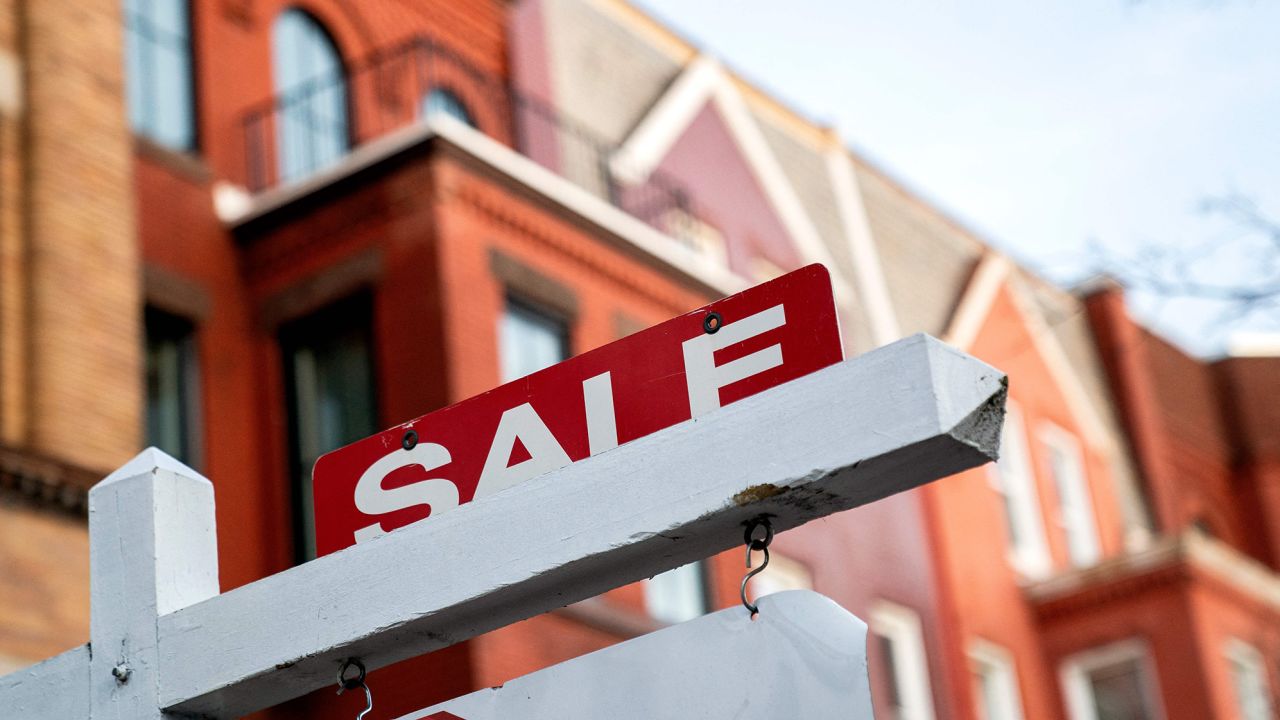Mortgage rates rose this week, their first increase after falling for six consecutive weeks, according to the latest data from Freddie Mac.
The 30-year fixed-rate mortgage averaged 6.42% in the week ending December 29, up from 6.27% the week before and capping a rollercoaster year for homebuyers that saw mortgage rates more than double in less than 12 months.
“The housing market remains in the doldrums with declining sales, inventory and prices,” said Sam Khater, Freddie Mac’s chief economist.
“The declines in sales and deceleration in home prices began swiftly earlier in 2022 but have moderated more recently. While the intensity of weakness is moderating, the market continues to decline and forward-leading indicators suggest housing will remain weak throughout the winter,” he added.
One year ago, the 30-year fixed rate was 3.11% — and few predicted that rates of 6% would come as a relief, having fallen from over 7%. Home shoppers have watched their buying power evaporate, with higher rates adding hundreds of dollars onto what they would pay each month.
Has inflation finally hit its peak?
Mortgage rates rose throughout most of 2022 amid the Federal Reserve’s unprecedented campaign of harsh interest rate hikes aimed at taming soaring inflation. But mortgage rates have tumbled in the last several weeks, following various data points that showed inflation may have finally reached its peak.
“The Freddie Mac fixed rate for a 30-year loan followed in the footsteps of the 10-year Treasury, which rose from 3.45% at the midpoint of the month to 3.86% yesterday,” said George Ratiu, senior economist and manager of economic research at Realtor.com.
“With an eye toward the new year, investors are weighing this month’s positive economic data against the Federal Reserve’s continued monetary tightening,” he added. “On one hand, third quarter gross domestic product was revised upward twice, the job market remains on solid footing, inflation has been moderating, and consumer confidence hit the highest point in eight months. On the other hand, corporate executives are feeling more bearish on account of higher borrowing costs, with the perceived risk of recession rising. Concerns about the business outlook could prompt more company leaders to freeze hiring, or resort to broader layoffs in 2023.”
The average mortgage rate is based on mortgage applications that Freddie Mac receives from thousands of lenders across the country. The survey includes only borrowers who put 20% down and have excellent credit. Many buyers who put down less money upfront or have less-than-perfect credit will pay more than the average rate.

























